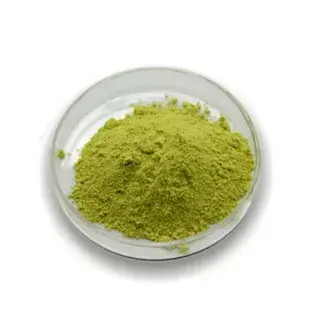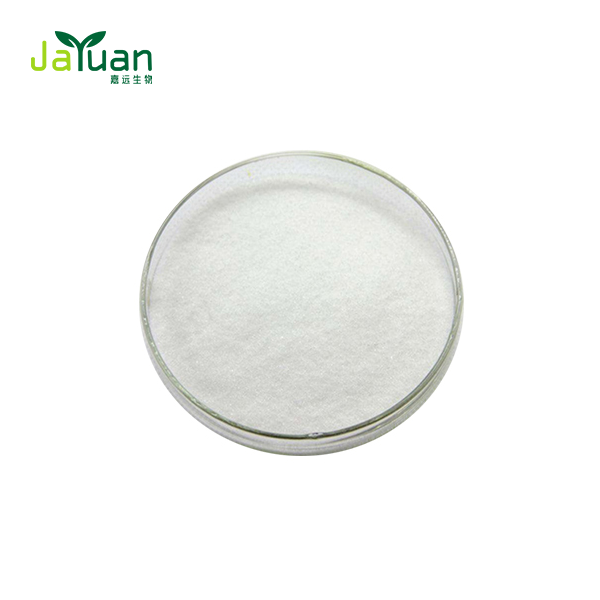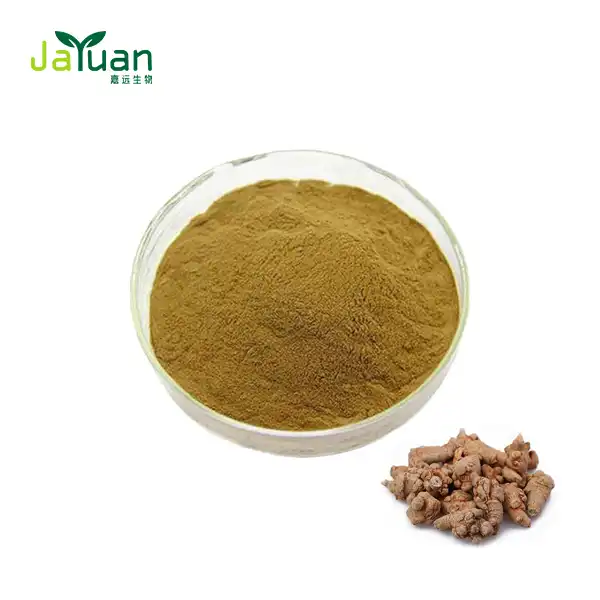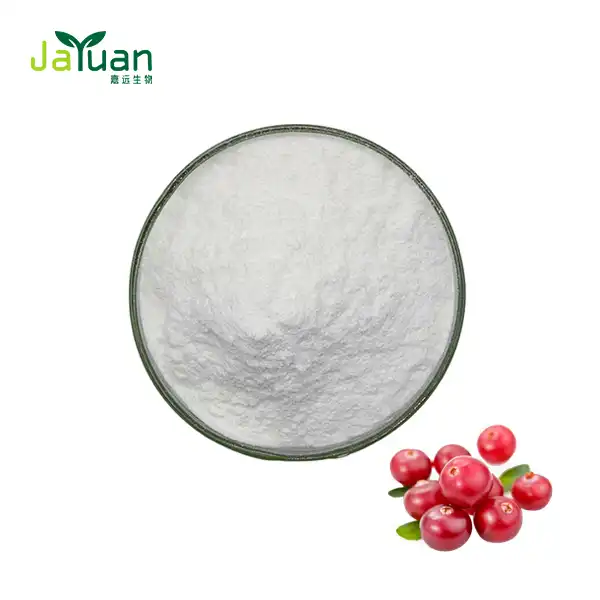What Are the Disadvantages of Rutin?
Introduction
Rutin, a bioflavonoid found in many fruits and vegetables, is often praised for its antioxidant and anti-inflammatory properties. Rutin Extract is derived from certain fruits and plants and believed to offer various potential health benefits.However, like any supplement, it has its disadvantages. This blog explores these drawbacks to help you make an informed decision about including rutin in your diet.

Is Rutin Safe to Use Long-Term?
When considering the long-term use of any supplement, safety is paramount. Rutin is generally regarded as safe when consumed in dietary amounts, but the safety profile changes with higher doses found in supplements. While some studies suggest that rutin can be safely consumed at doses up to 600 mg per day for 12 weeks, the long-term safety beyond this period remains unclear.
Potential Side Effects
Headaches and Dizziness: Some users have reported experiencing headaches and dizziness when taking rutin supplements. These symptoms may be more pronounced in individuals who are sensitive to flavonoids or those who take higher doses.
Gastrointestinal Issues: Rutin powder can cause digestive discomfort, including nausea, bloating, and diarrhea. This is particularly true when taken on an empty stomach or in large quantities.
Allergic Reactions: Though rare, some individuals may experience allergic reactions to rutin, manifesting as skin rashes, itching, or swelling. It’s essential to monitor any adverse reactions, especially when starting a new supplement.
Interactions with Medications: Rutin may interact with certain medications, such as blood thinners, increasing the risk of bleeding. It can also affect the metabolism of drugs processed by the liver, potentially altering their effectiveness.
Other Symptoms: Additional side effects might include blurred vision, changes in heartbeat, and nervousness. These symptoms underline the need for medical supervision when taking rutin supplements, especially at higher doses (Dr. Axe)(Livestrong.com)(VitaminsCanada.ca).
Can Rutin Affect Hormonal Balance?
Rutin’s impact on hormonal balance is another area of concern. While research on this topic is still emerging, there are indications that rutin can influence hormones related to appetite and weight management.
Appetite-Regulating Hormones
Some studies suggest that rutin may affect hormones like leptin and ghrelin, which play crucial roles in hunger and satiety. This interaction could potentially aid in weight management by reducing appetite and preventing overeating. However, these effects are not yet fully understood and require more extensive research to confirm their significance and safety (Livestrong.com)(VitaminsCanada.ca).
Impact on Metabolism
Rutin has been linked to a number of potential health benefits, but it's important to think about the possibility that it will slow down metabolism.According to some studies, rutin in high doses may have a negative effect on some aspects of metabolism.
One potential cause for concern is how it affects how the liver works. Rutin Extract has been viewed as poisonous to the liver at high portions, weakening metabolic cycles and making harm the liver.There is plausible that this will upset typical metabolic cycles and add to metabolic problems.
Another area of concern is its potential impact on drug metabolism.Rutin has been found to inhibit some enzymes involved in drug metabolism, which may alter the effectiveness and safety of medications metabolized by these enzymes.This interaction may cause unanticipated adverse effects or reduced medication efficacy.
Rutin's effects on thyroid function have also been questioned. Rutin, according to some studies, may alter thyroid hormone levels, affecting metabolism and resulting in unbalanced energy expenditure and weight regulation.
Be that as it may, extra exploration is expected to understand the degree of this impact and its suggestions for metabolic wellbeing all in all completely.
It is vital for remember that these potential incidental effects are principally brought about by high dosages of rutin or specific populaces in danger. Rutin taken in moderation from food sources is generally regarded as safe. Before beginning rutin supplementation, as with any other dietary supplement, it is best to consult a physician, particularly if you have a metabolic condition or are taking a medication that affects rutin metabolism.
What Are the Risks of Using Rutin for Specific Health Conditions?
People with specific ailments ought to be especially careful while utilizing rutin supplements. In spite of the fact that rutin has a few implied medical advantages, for example, further developing flow and diminishing irritation, these advantages should be weighed against possible dangers.
Cardiovascular Health
Rutin is often used to improve vascular health due to its ability to strengthen blood vessels and improve circulation. However, for individuals with pre-existing heart conditions or those taking cardiovascular medications, rutin powder can pose risks. It may interact with blood thinners and other heart medications, potentially leading to serious complications such as excessive bleeding or altered drug efficacy (Dr. Axe)(Livestrong.com).

Neurological Effects
Rutin’s antioxidant properties may protect against neurodegenerative diseases, but its effects on the brain are not yet fully understood. There is some evidence that rutin can affect neurotransmitter levels and brain chemistry, which might influence mood and cognitive function. While this might offer neuroprotective benefits, it also poses the risk of unwanted side effects, particularly for individuals with neurological conditions or those taking related medications (Dr. Axe)(VitaminsCanada.ca).
Immune System and Allergies
Rutin can modulate immune responses, which might be beneficial for inflammatory conditions. However, this modulation can also exacerbate allergies or autoimmune disorders in some individuals. People with hypersensitive immune systems or chronic inflammatory conditions should consult with a healthcare provider before using rutin supplements to avoid adverse effects (Dr. Axe)(Livestrong.com).
Kidney and Liver Health
There is limited evidence on how rutin affects kidney and liver function, but some studies suggest it can influence these organs. High doses of rutin might lead to an accumulation of metabolites, potentially stressing the liver and kidneys. Individuals with existing liver or kidney conditions should use rutin cautiously and under medical supervision to prevent potential complications(Dr. Axe)(Livestrong.com).
Conclusion
Rutin has a number of health benefits, but it also has some drawbacks. When it comes to high-dose supplements, the risk of side effects, hormonal imbalances, and specific health conditions highlight the need for cautious use. Counseling a medical services supplier prior to beginning Rutin Extract supplementation is pivotal to guarantee it is protected and fitting for your singular wellbeing needs.
References
1. WebMD. (n.d.). Rutin - Uses, Side Effects, and More. Retrieved from WebMD
2. Dr. Axe. (n.d.). Rutin Benefits, Uses, Recipes, Side Effects and More. Retrieved from Dr. Axe
3. Livestrong. (n.d.). Rutin: Benefits, Risks, Dosage and Diet Sources. Retrieved from Livestrong
4. Healthline. (n.d.). The Potential Health Benefits of Rutin. Retrieved from Healthline
5. SelfDecode. (n.d.). 12 Rutin Benefits + Foods, Supplements & Side Effects. Retrieved from SelfDecode
6. Harvard Gazette. (n.d.). Flavonoid compound can prevent blood clots. Retrieved from Harvard Gazette
7. PeaceHealth. (n.d.). Capillary Fragility (Holistic) – Health Information Library. Retrieved from PeaceHealth
8. MDPI. (n.d.). A Review of the Role of Flavonoids in Peptic Ulcer (2010–2020). Retrieved from MDPI
9. Vorst Canada. (n.d.). Rutin Benefits for Weight Loss – Vitamins and Supplements Online Canada. Retrieved from Vorst Canada
10. ScienceDirect. (n.d.). Health benefits and limitations of rutin. Retrieved from ScienceDirect








